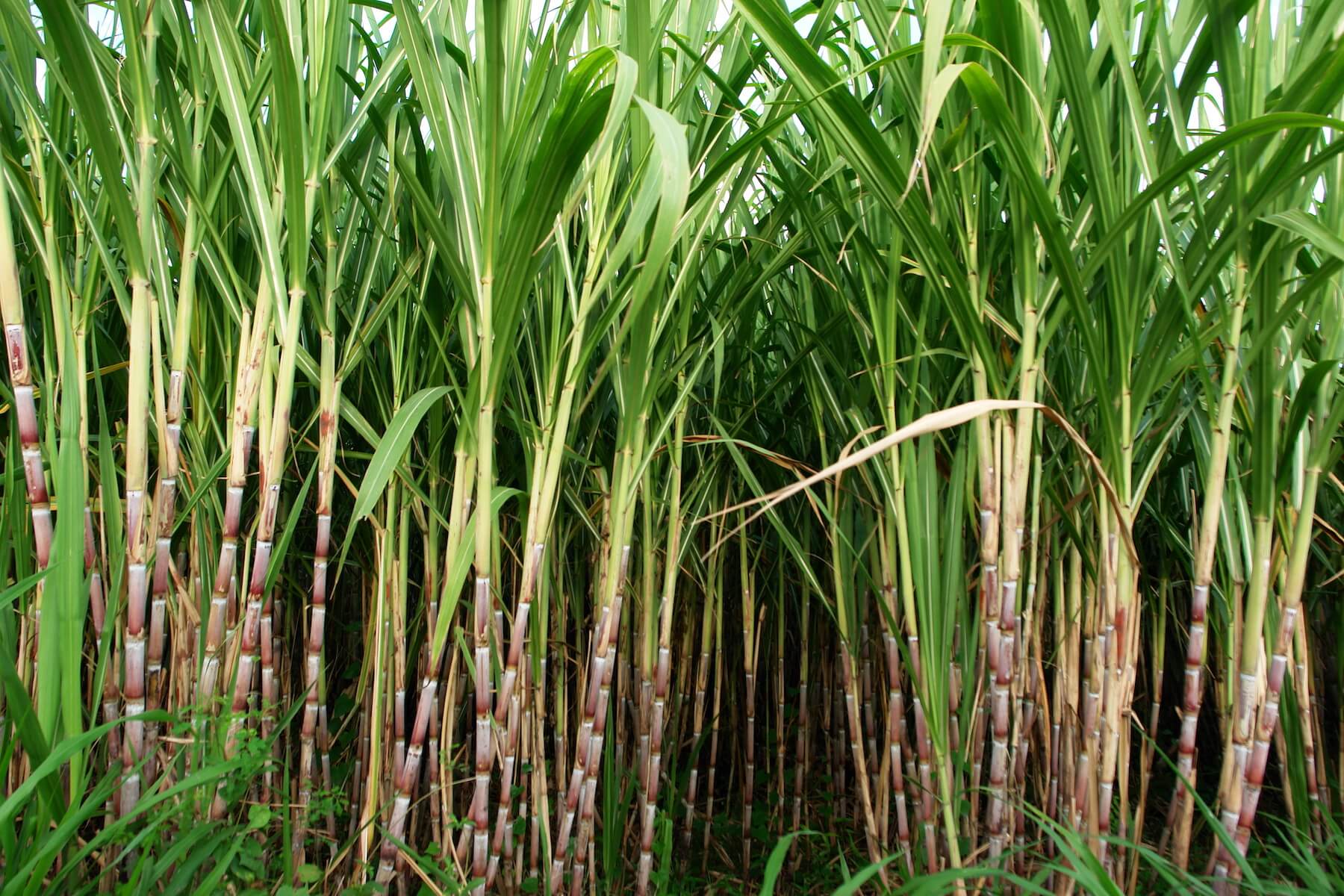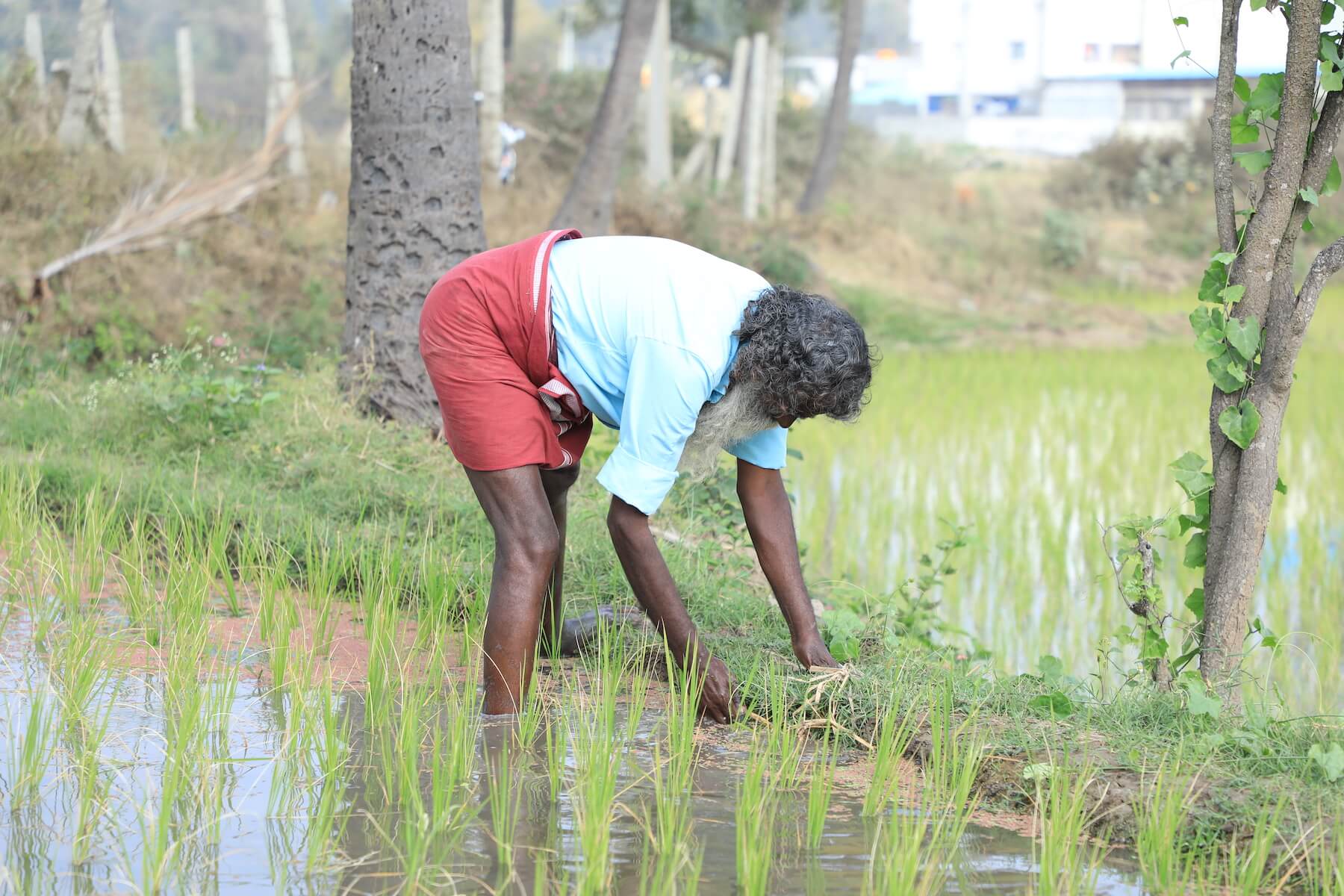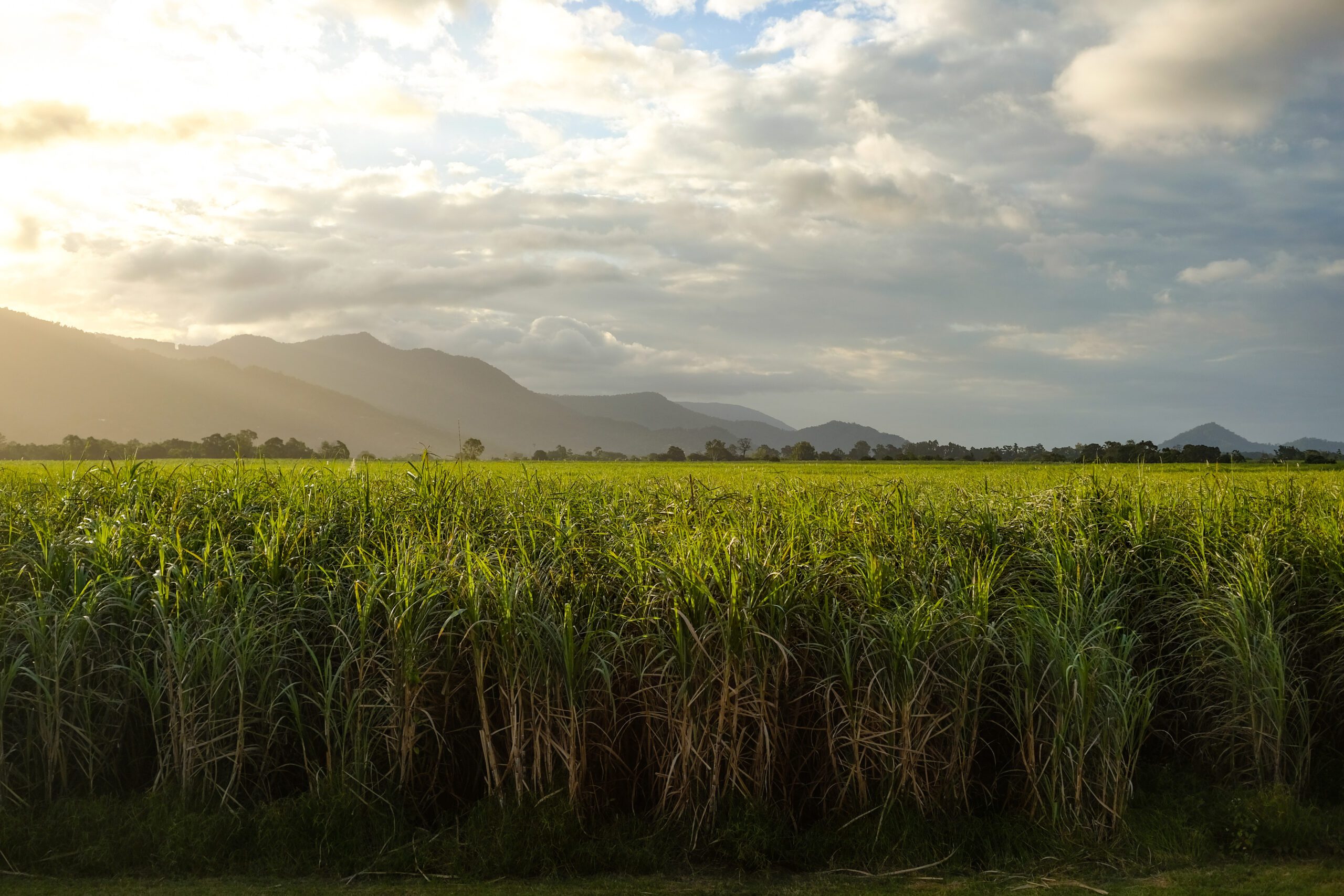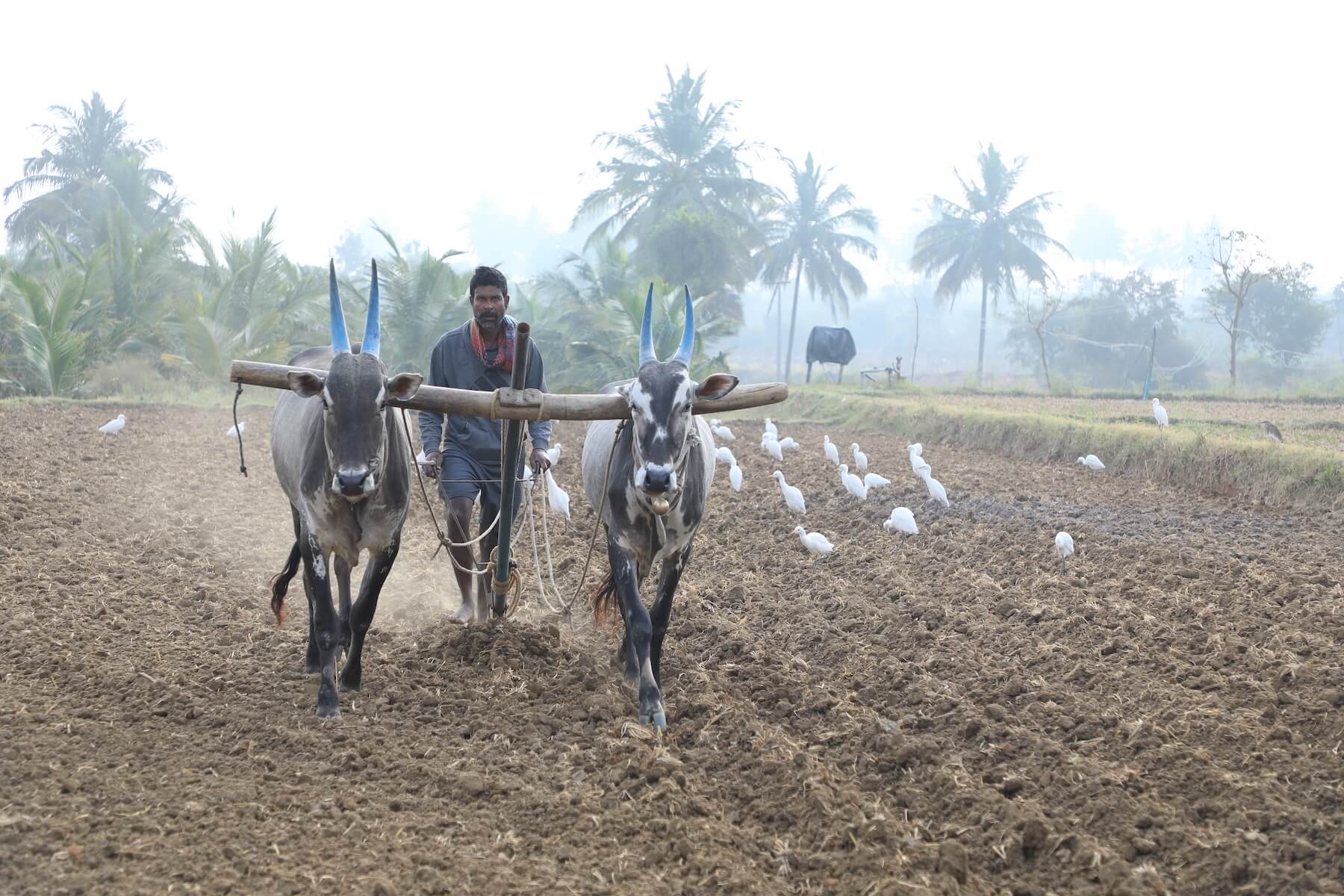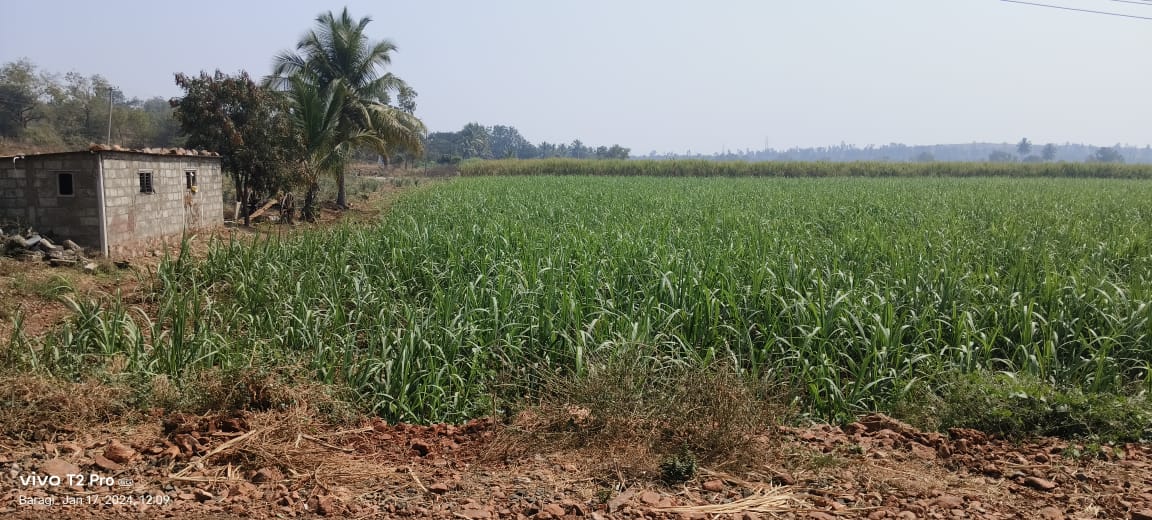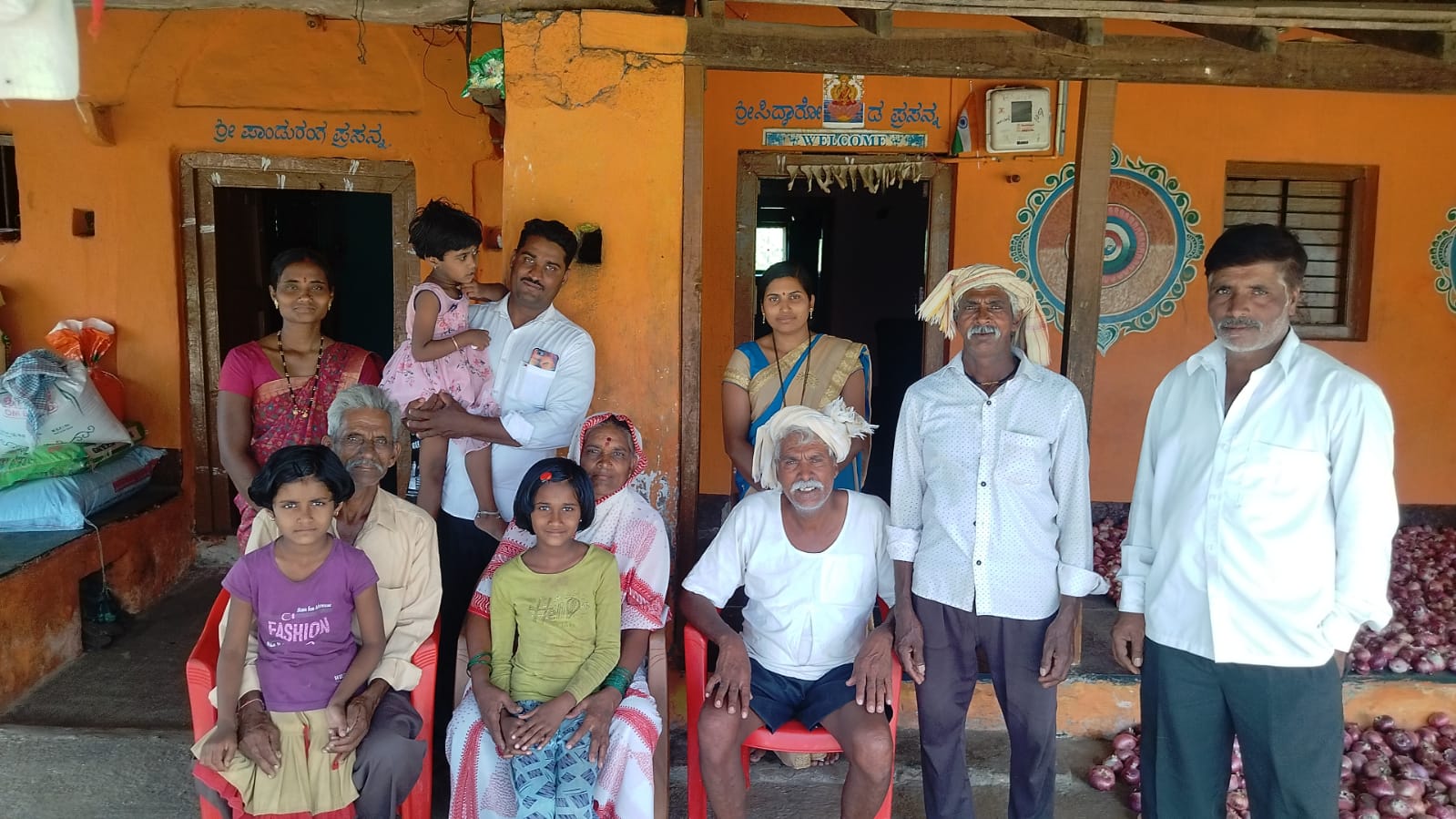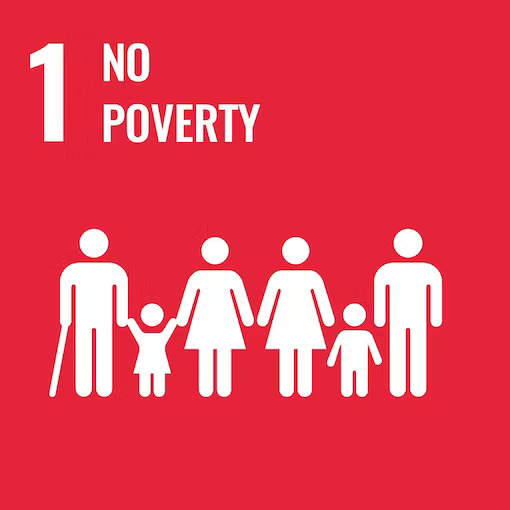Unsustainable farming practices in the project region, including over-intensive tilling, excessive use of fertilizers and pesticides, poor water management, and crop residue burning, have contributed to the deterioration of soils. This progressive degradation of soil not only diminishes its fertility and agricultural yields but also heightens the susceptibility of farmers to the adverse effects of climate change.
This project will equip the region’s many small farmers with the knowledge and resources to counteract land degradation, replenish soil carbon, and fortify resilient agricultural and food systems. Boomitra partners with local organizations to help farmers adopt improved agricultural practices to increase soil organic carbon and improve their productivity through activities such as
reduced tilling, mulching with crop residues, organic manure application, water management, and agroforestry activities.
